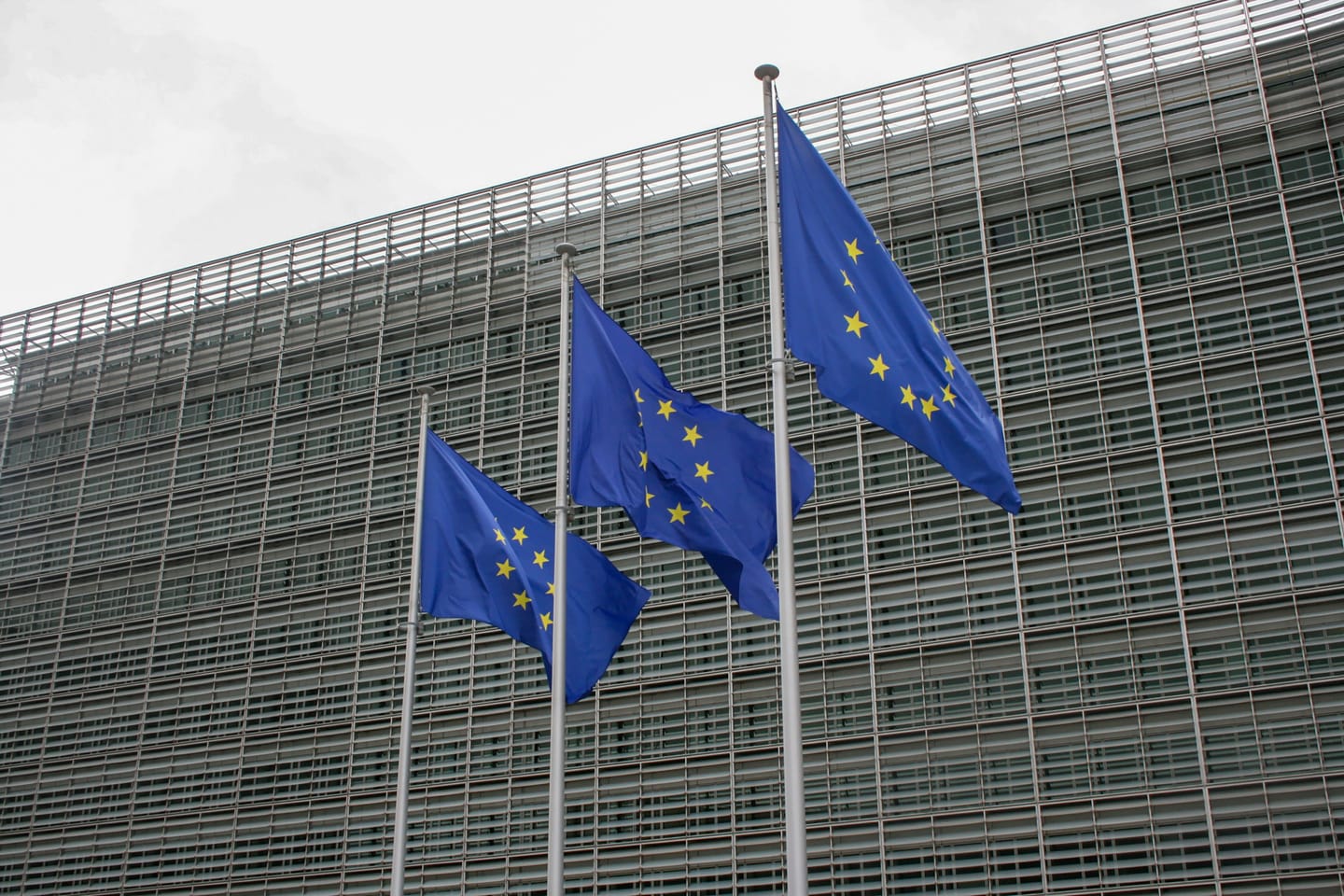LEXam: The First Legal Benchmark for AI Models
LEXam, published on the Social Science Research Network (SSRN) platform, is the first comprehensive benchmark specifically measuring legal reasoning abilities of AI models using 340 authentic legal exam questions. Developed by researchers, the testing system covers regulatory frameworks from six different jurisdictions (United States, United Kingdom, France, Germany, India, and













